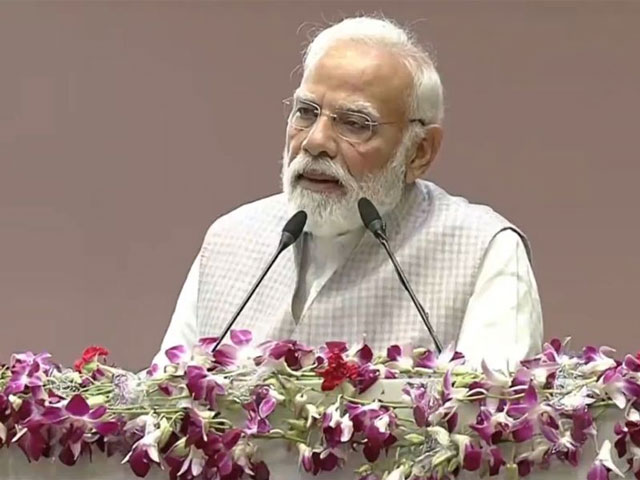Daijiworld Media Network – New Delhi
New Delhi, Nov 20: Prime Minister Narendra Modi will travel to Johannesburg on November 21 to take part in the 20th G20 Leaders’ Summit, where global leaders are set to deliberate on issues of inclusive growth, climate resilience and rising geopolitical challenges. The three-day meeting, hosted by South Africa, also marks the fourth consecutive G20 summit taking place in the Global South, signalling the region’s growing influence on the world stage.
According to officials, the Prime Minister will present India’s views across all three main sessions of the summit. The opening session, themed “Inclusive and Sustainable Economic Growth Leaving No One Behind”, will focus on global trade concerns, development financing and the mounting debt burden on vulnerable economies. India is expected to reiterate the need for stronger support systems that ensure fair opportunities for developing nations.

The second session, titled “A Resilient World — the G20’s Contribution”, will centre around disaster risk reduction, climate change, just energy transitions and food systems. These remain areas where India has consistently called for equitable climate action and greater assistance to nations most affected by environmental disruptions.
The concluding session, “A Fair and a Just Future for All”, will see leaders discussing critical minerals, decent work transitions and global governance of artificial intelligence — subjects that have rapidly emerged as key factors shaping economic stability and technological security worldwide.
On the sidelines of the summit, Prime Minister Modi is expected to hold several bilateral meetings with world leaders and will also participate in the India-Brazil-South Africa (IBSA) Leaders’ Meeting, a platform considered vital for voicing the priorities of the Global South.
Officials added that India will use the Johannesburg summit to push for renewed multilateralism and more equitable global governance, especially at a time when many regions continue to grapple with economic strain, climate impacts and unstable geopolitical conditions.